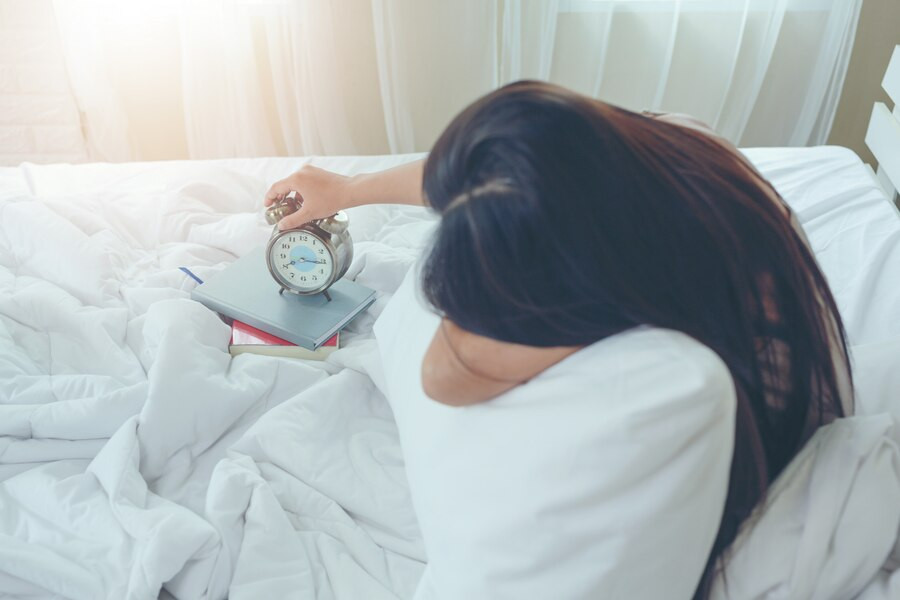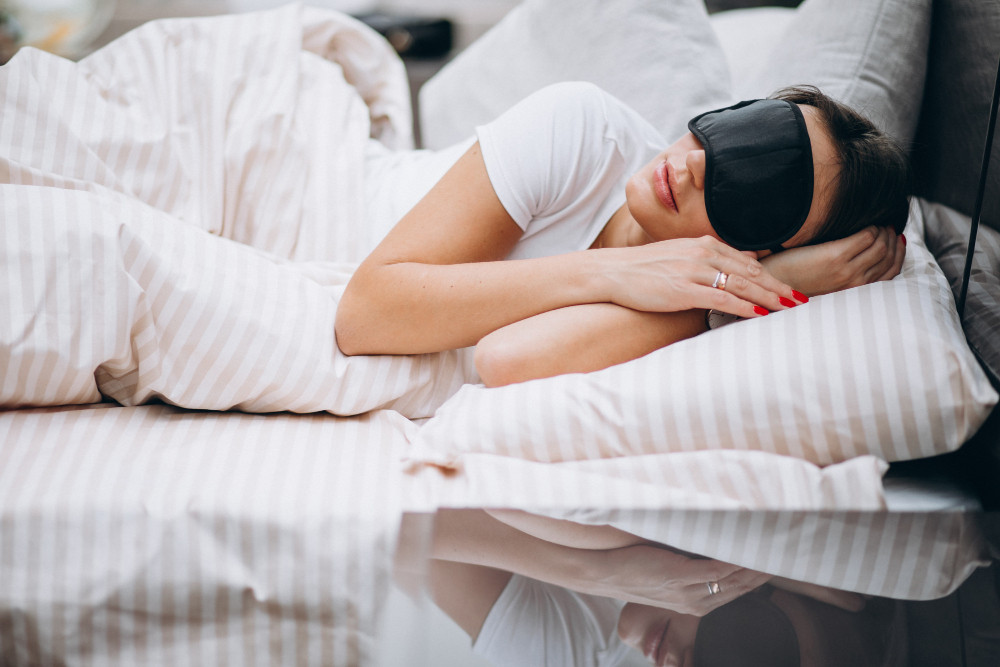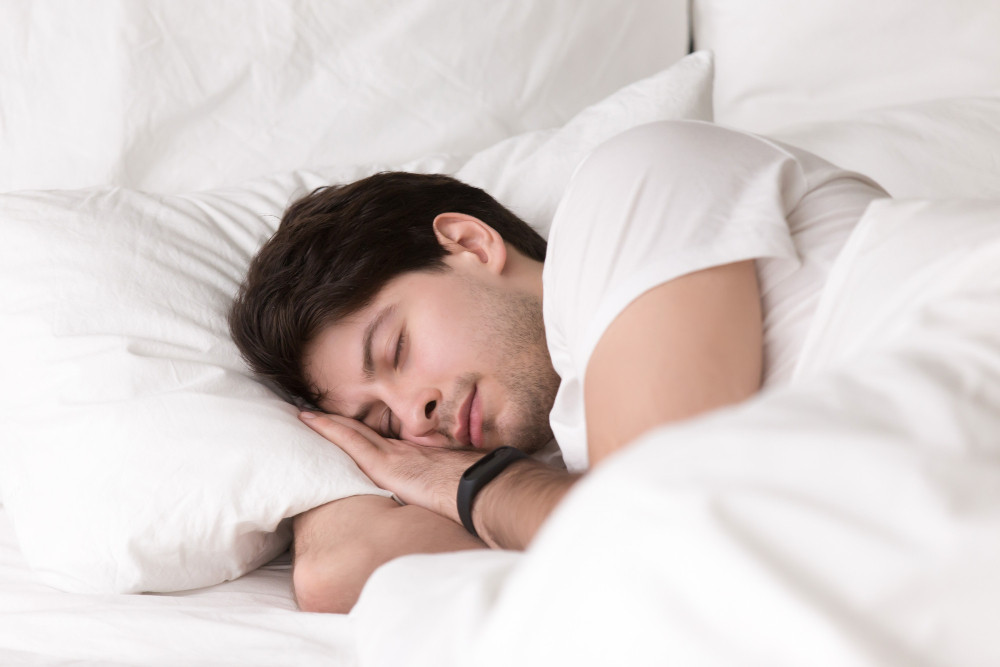Generally, adults require seven to eight hours of sleep per night to maintain their health. While sleep is essential for maintaining good physical and mental health, excessive sleep can lead to numerous health problems.
What is oversleeping?
Oversleeping, also known as excessive sleeping, is the act of sleeping for more than 9 hours during a 24-hour timeframe. This disorder is also known as hypersomnia, which is characterized by extreme daytime sleepiness, frequent napping, and the presence of headaches.
Even though everyone has different sleep demands, getting enough sleep is good for your health and mental acuity. Sleeping too much can make you feel lazy and make it hard to concentrate.
What causes oversleeping?
A prevalent factor contributing to excessive sleep that is not associated with medical conditions is referred to as "sleep debt." This is typically the result of staying up late for an activity and then feeling the need for more sleep the following day in order to compensate up for the previous absence of sleep.
Furthermore, excessive sleep may be associated with various health problems, including:
Sleep apnea
Sleep apnea is a medical condition characterized by difficulty breathing while sleeping. A temporary obstruction of the airway is the cause of this, which may cause very brief or even no breathing.
Sleep apnea can sometimes result in a total stop of breathing, followed by a period of waking to restore regular breathing. People may feel more sleepy and fatigued throughout the day as a result of the sleep apnea's disruption of sleep. To compensate for this tiredness, you have a tendency to spend longer periods of sleep during the day, resulting in oversleeping.
Narcolepsy
Narcolepsy is a persistent sleep disease that causes unexpected sleepiness, even during daily activities. Although narcolepsy causes sudden sleepiness, it disturbs nighttime sleep. This can make you tired and want to fall asleep.
Idiopathic hypersomnia
A persistent sleep disease known as idiopathic hypersomnia causes people to feel overly sleepy even though they get enough sleep at night. This sleep disorder may cause people to experience excessive sleepiness, resulting in a prolonged sleep duration of 14–18 hours a day.
Depression and anxiety
Depression and anxiety frequently lead to sleep disturbances, such as excessive sleepiness. Experiencing depression or severe anxiety may drain your energy and motivation. You may experience extreme physical and mental exhaustion, which urges you to look for additional rest.
Oversleeping is also a frequent way to prevent problems caused by depression or anxiety. You may prefer to sleep rather than deal with difficult situations and thoughts
Prolonged and excessive sleep can have negative impacts on the body, including exacerbating inflammation, weakening the immune system, and increasing the risk of developing chronic diseases. If you experience sleep-related problems or disruptions, such as persistent fatigue despite getting enough sleep, you can either visit a doctor or make use of the consultation features that are available in the Ai Care application by downloading the Ai Care application from the App Store or Play Store.
Looking for more information about other diseases? Click here!
- dr. Monica Salim
Hillary (2022). Physical Side Effects of Oversleeping. Available from: https://www.webmd.com/sleep-disorders/physical-side-effects-oversleeping
Ashley Marcin (2024). How Much Sleep Is Too Much Sleep? What to Know About Oversleeping. Available from: https://www.healthline.com/health/oversleeping
Austin Meadows (2023). Oversleeping. Available from: https://www.sleepfoundation.org/how-sleep-works/oversleeping
Eric Suni (2024). How Much Sleep Do You Need?. Available from: https://www.sleepfoundation.org/how-sleep-works/how-much-sleep-do-we-really-need
Mayo Clinic (2023). Sleep apnea. Available from: https://www.mayoclinic.org/diseases-conditions/sleep-apnea/symptoms-causes/syc-20377631
Mayo Clinic (2023). Narcolepsy. Available from: https://www.mayoclinic.org/diseases-conditions/narcolepsy/symptoms-causes/syc-20375497
Mount Sinai. Idiopathic hypersomnia. Available from: https://www.mountsinai.org/health-library/diseases-conditions/idiopathic-hypersomnia











